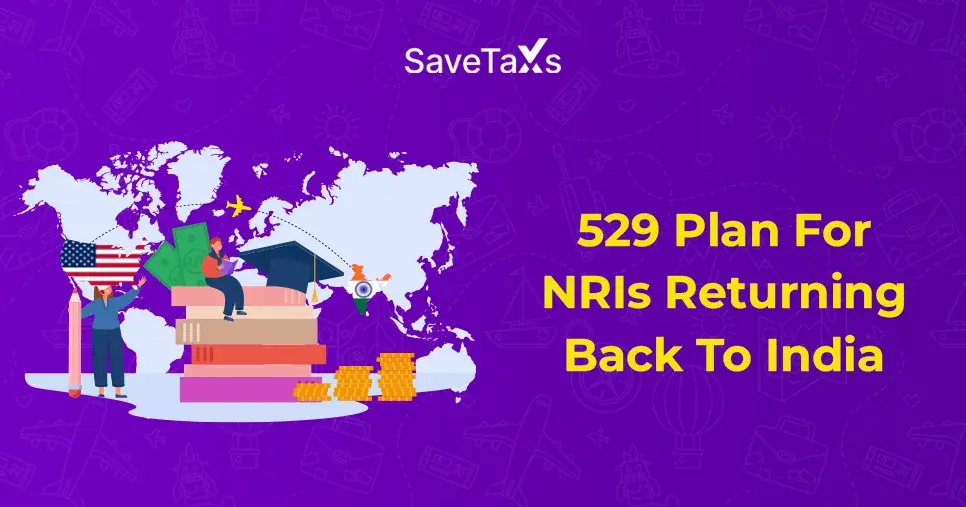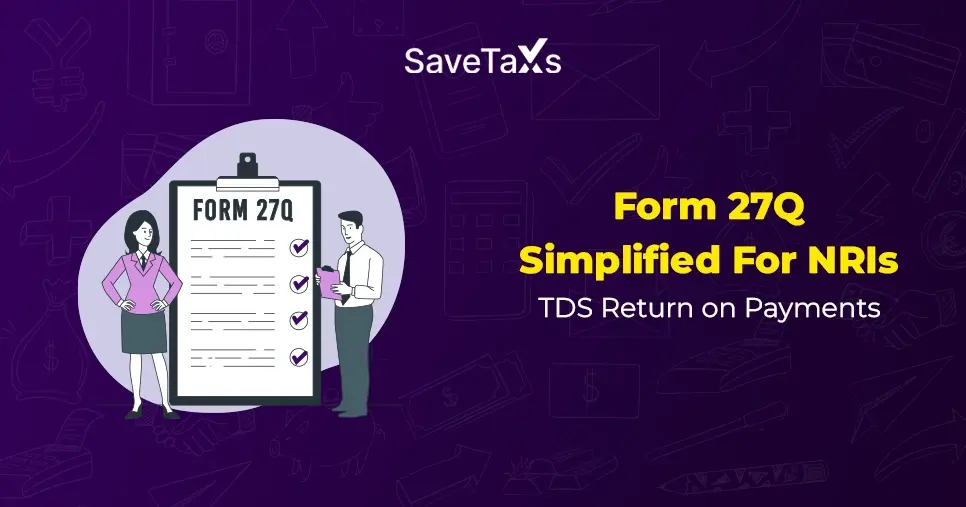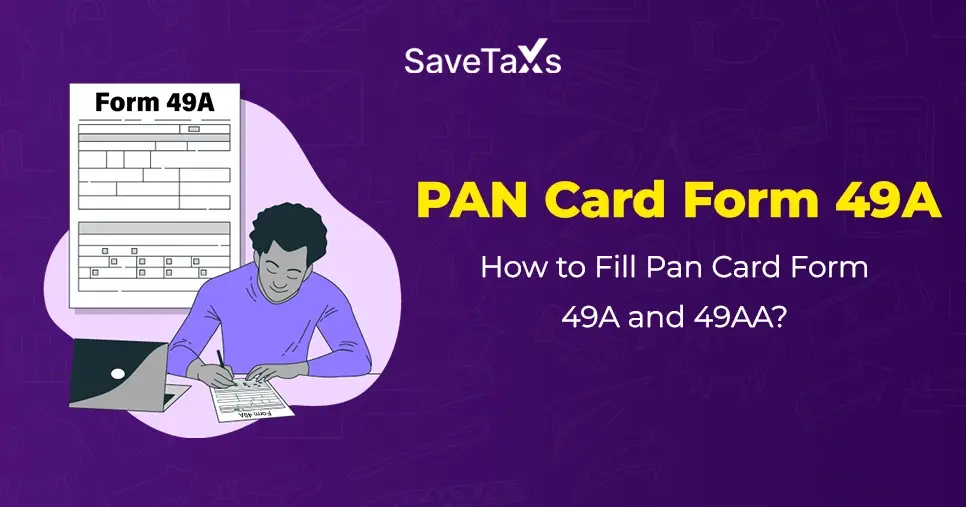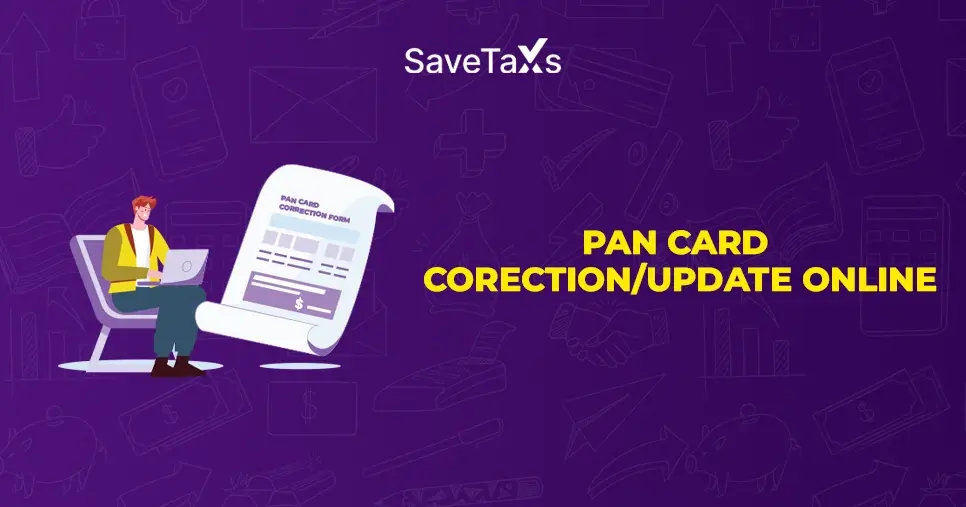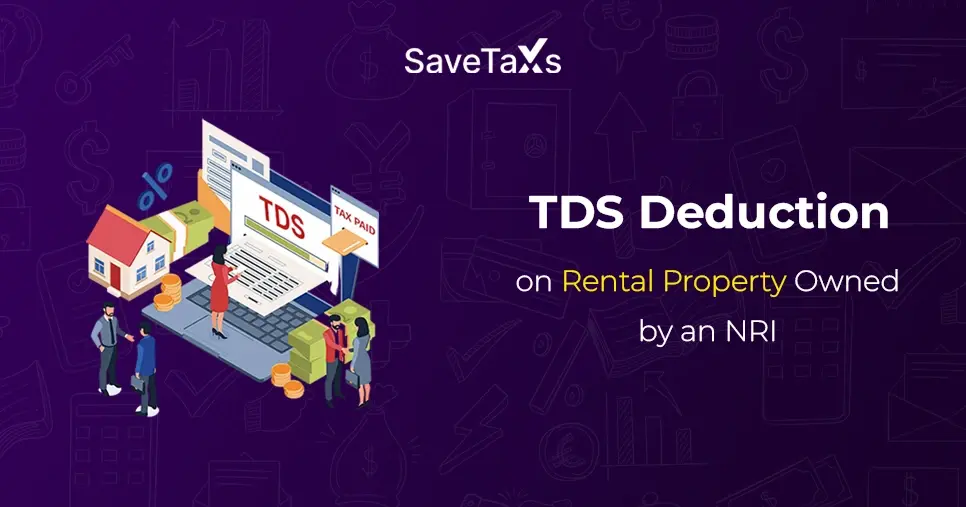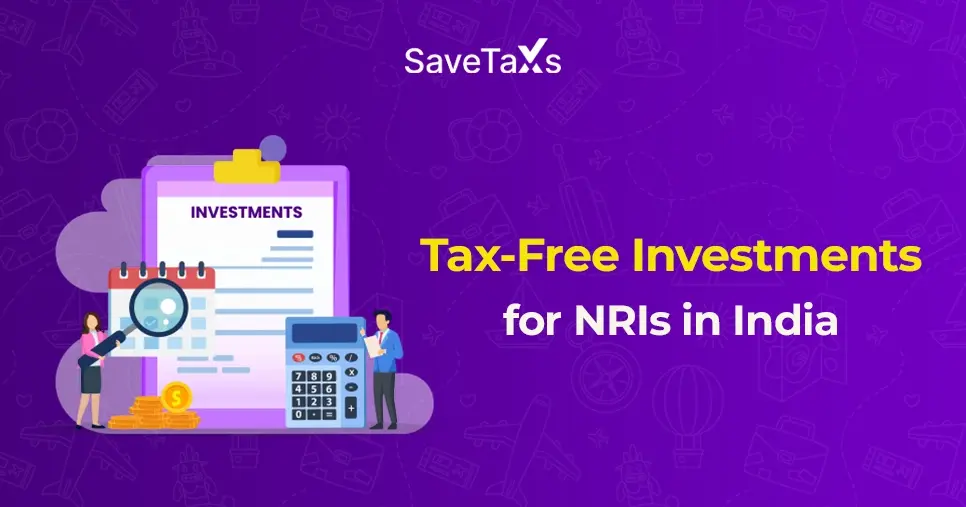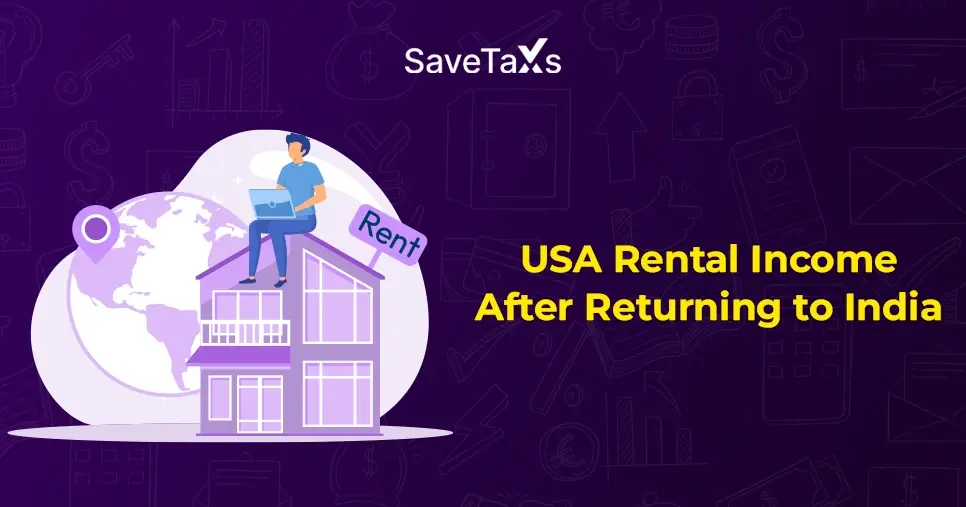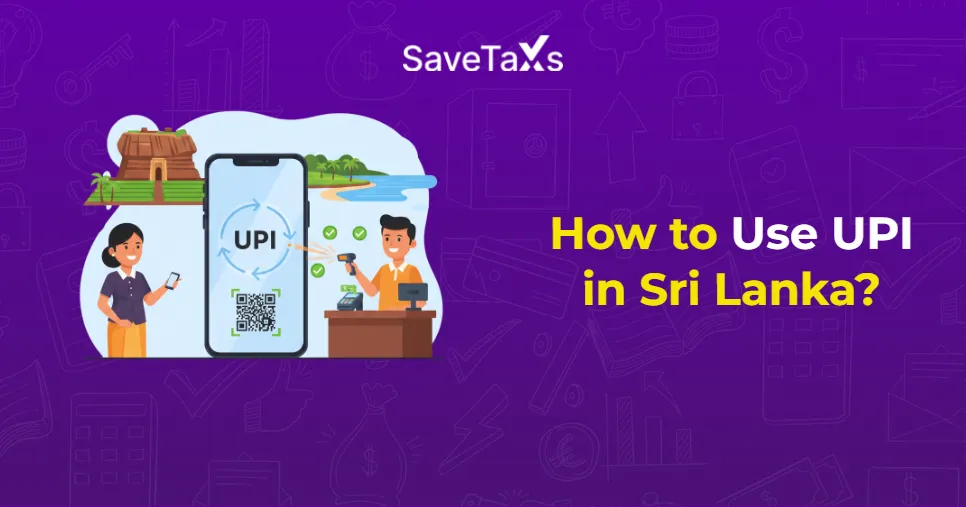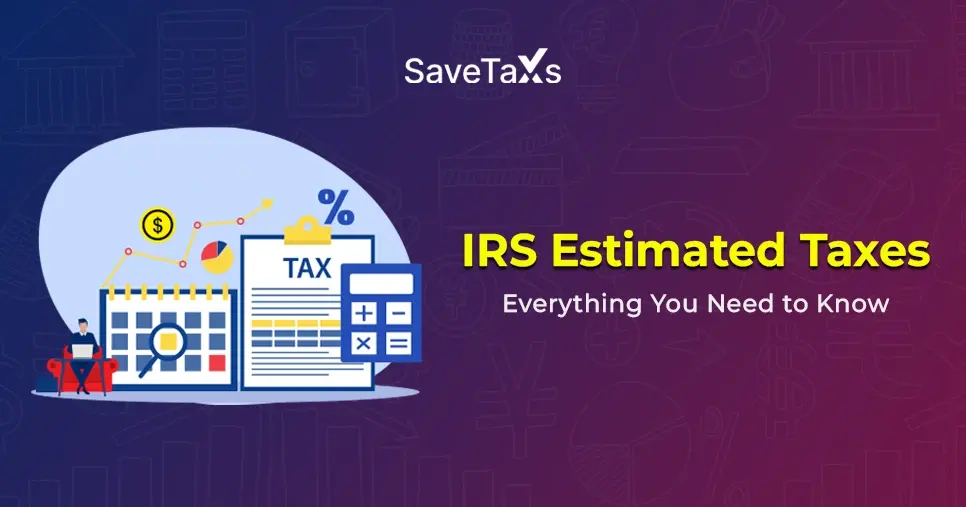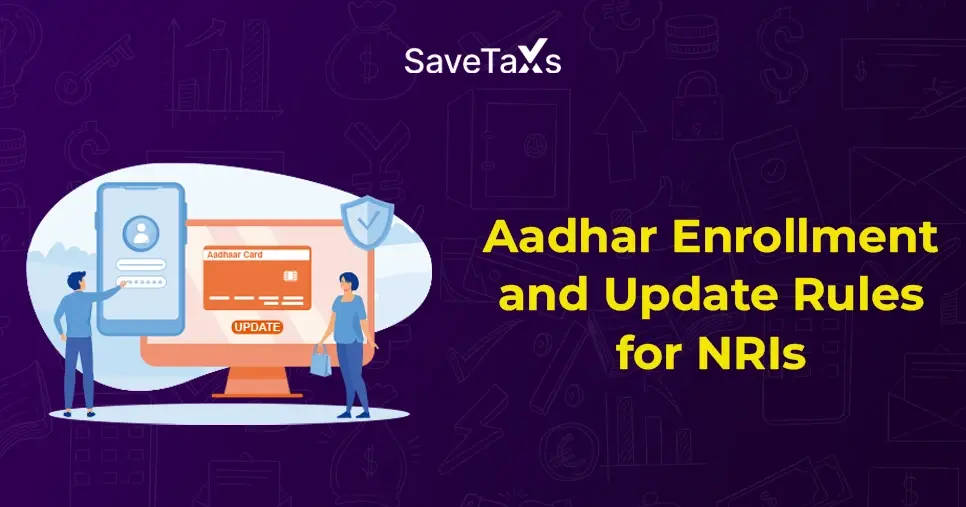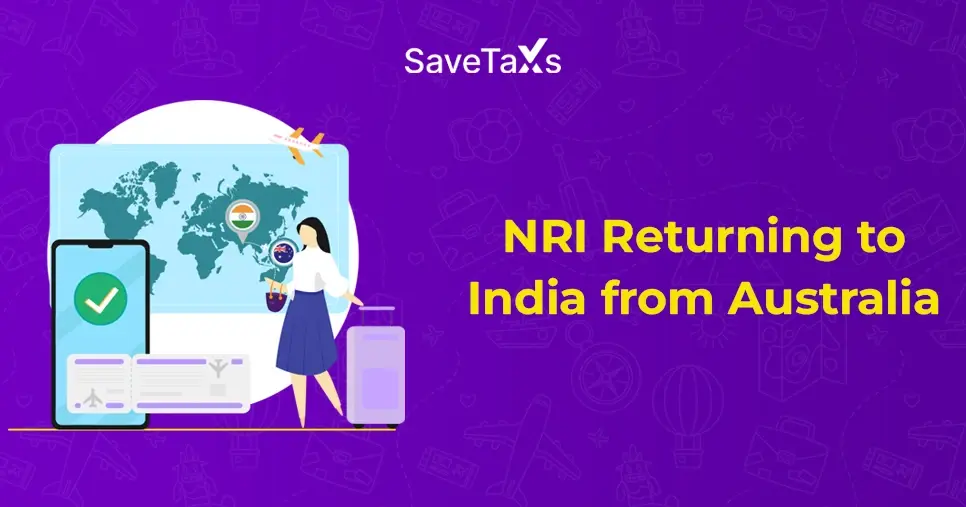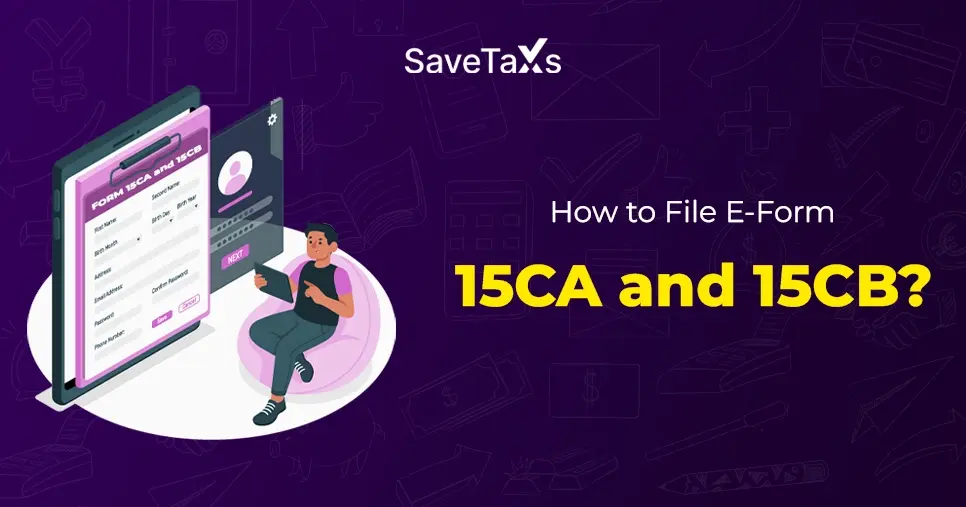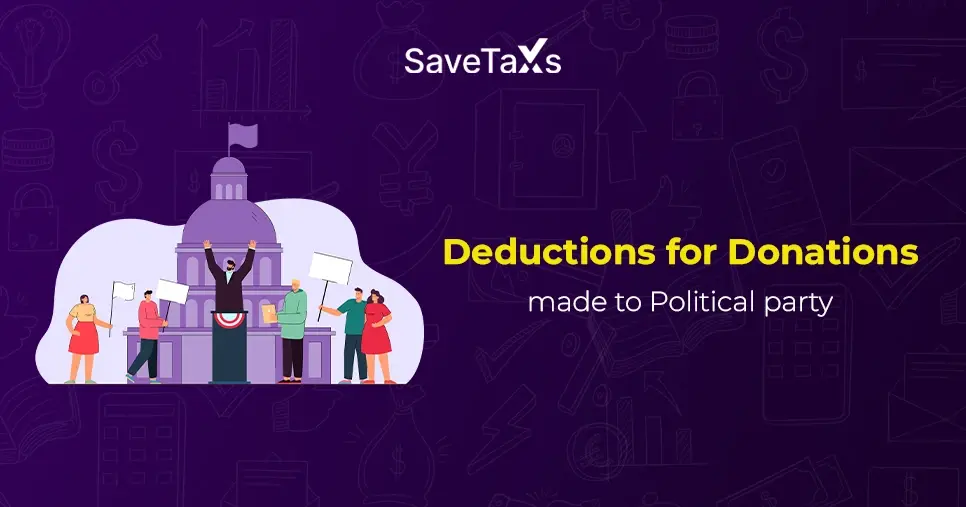- What is Section 144?
- The Historical Context of Section 144
- Situation When Best Judgement Assessments Are Enforced
- Notice Issued Under Section 144 of Income Tax Act
- The Best Judgment Assessment Process
- How Does the Assessing Officer Make Their Judgement?
- Tips to Avoid a Notice Under Section 144
- Why Does Section 144 Exist
- Challenging the Best Judgment Assessment
- Get Expert Guidance on Income Tax Notices
Tax assessment, be it for Indian residents or NRIs, is an integral part of the Indian taxation system. This ensures that taxpayers have contributed their tax share fairly and have fulfilled all necessary taxation obligations. There are cases where taxpayers fail to file their income tax returns, and Section 144 ensures that the Income Tax Act permits the assessing officers to assess tax liability of the concerned taxpayer by the best judgment assessment in the Income Tax process.
In this blog, we will explore Section 144 and how an assessing officer (AO) exercises their best judgment.
What is Section 144?
Section 144 of the Income Tax Act 1961 outlines the circumstances under which the income tax assessment of the taxpayer is carried out by an assessing officer based on his best judgment, with all the available information that has been gathered.
Such income tax assessments are done in cases where the taxpayer does not respond to the notices or does not comply with the other sections of the Act 144.
The Historical Context of Section 144
Since the beginning of the income tax act, this provision has been part of the act. However, over the years, the provisions have been amended several times to keep up with the changing dynamics of the economic scenarios and to overcome the loopholes that the corrupt tax evaders can exploit.
Before, section 144 was primarily used as a deterrent against non-compliance, but as the incidence of economic evasion became more common, amendments were made in section 144 to keep up with the pace. Today, this section serves as the backbone for income tax assessment in cases of non-compliance, maintaining fairness with the tax system.
Situation When Best Judgement Assessments Are Enforced
The assessing offer initiates the best judgment for assessment cases under section 144 for the following reasons:
- If any taxpayer is unable to file an income tax return within the due date under section 139(1), under section 139(4), any belated income tax return, revised IT return under section 139(5), or an ITR-U or updated IT return under section 139(8A).
- Notice issued as per section 142(1) if a taxpayer fails to comply with all the terms and conditions of the notice.
- If the assessing officer is not satisfied with the accuracy of the taxpayer's account, or if a taxpayer fails to use a consistent accounting procedure.
- If a taxpayer fails to comply with the terms of the notice issued under section 143(2), such notice is a notice for scrutiny assessment.
Notice Issued Under Section 144 of Income Tax Act
The best judgment's income tax assessments are restored to cases where the taxpayer does not file an income tax return or fails to furnish an explanation related to the assessment. However, the AO must issue a notice to the concerned taxpayer before implementing such a judgment.
The assessing officer must issue a notice under section 142(1) asking the concerned taxpayer to file an ITR if they haven't filed the same. There are more cases as well under which a notice can be issued.
The Best Judgment Assessment Process
Issue of the Notice: The assessing office issues the notice asking the taxpayer to show cause as to why the tax authority must now receive the best judgment income tax assessment. However, if the taxpayer has already received a notice under section 142(1), they can skip the step.
- Chance to respond: Once you get the notice, now is your time to put forth your side of the story by providing missing documents, explanations, or by clarifying any discrepancies.
- The Assessing Officer Decision: If the concerned taxpayer fails to respond to the notice or if the AO is not satisfied with the taxpayer's explanation and documents, the AO will proceed with their best judgment for the assessment case.
- Issue Order: Once the best judgment assessment has been done, the assessing office will issue an order detailing the function and the tax liability that was calculated.
- Demand Notice: A demand notice will be issued to the concerned taxpayer if any additional tax is payable based on the best judgment assessment.
How Does the Assessing Officer Make Their Judgement?
While making the best judgments of the income tax assessment, the assessing officer does not just pull random numbers out of nowhere; they take into consideration various information resources. Here's what is in their toolkit.
- The Past IT Return: They analyze the concerned taxpayer's past ITRs to examine the income patterns.
- Bank Statements: The bank statements of the concerned taxpayer reveal suspicious transactions or undisclosed income, if any.
- Third-party information: The assessing office also takes into consideration the data from employers, financial institutions, banks, and more.
- Benchmarks of Industry: The assessing officer can also compare the income reported by the taxpayer to that of others in similar businesses and at the same level.
- Lifestyle: The assessing officer will consider the lifestyle of the taxpayer, such as high-value assets or expensive purchases.
In a nutshell, the toolkit of the assessing officer for the best judgment assessment includes past financial records, credible contextual information, historical data, and more. This helps the AO understand the case beyond numbers by taking the concerned taxpayer's entire financial behaviour into consideration.
However, now that we see more and more technological advancements, the toolkit might also incorporate advancements like AI and data analytics for unmatched accuracy and fairness.
Tips to Avoid a Notice Under Section 144
As they say, prevention is better than cure; hence, here are some tips to ensure you file tax returns so you don't trigger the side of the Section 144 Act.
- File On Time: One of the biggest tips is to file your ITR on time.
- Prompt Response: If you get any notices from the income tax department, respond to them promptly; do not delay it.
- Maintain records: Ensure that you are maintaining detailed financial records and are using consistent accounting methods.
- Be transparent: When filing your ITR, ensure you disclose all income sources accurately. Underreporting or concealing income might get you notices.
- Ask an Expert: Many people let this one tip pass over until it's too late. Experts are experts for a reason; seeking their guidance in legal matters like these is more of an investment towards a safe financial future. Delays, penalties, and interests would cause you both financial stress as well as mental stress. Hence, asking an expert would eliminate all the fear because you would know that an expert is handling your case.
- Stay Updated: Indian taxation laws are subject to frequent changes, and as an NRI, one must stay updated with the latest amendments and see how the changes can affect one's tax liability.
- Reconcile Accounts: As a taxpayer, you must consistently reconcile your bank statements with your accounting records to spot any discrepancies early.
- Maintain Digital Records: One pro tip is to maintain digital records of your finances along with the physical documents. In case the physical documents get lost, you must have the digital ones at your convenience.
- Be consistent: As an attorney, you must ensure that whatever information you provide in the various forms and declarations is consistent.
- Explain unusual transactions: If you have an unusual or significant transaction, be sure to mention that and be ready to explain it.
Why Does Section 144 Exist
Now that we understand what section 144 is, its procedure, and how to avoid a notice under this section. Let us now explore why this section exists and how it serves as an important one in the tax ecosystem.
- Complicane: Section 144 of the Income Tax Act ensures that taxpayers file their returns on time by providing credible and accurate information.
- Tax Evasion: This section ensures that individuals filing their income tax return under the radar are accurately identified and assessed.
- Fairness: The strict assessment procedure ensures that the financial records of the concerned taxpayer are assessed strictly and that fairness is maintained.
- Revenue: This section helps the government receive taxes that might have been lost due to income tax non-compliance.
- Deterring Willful Defaulters: This section acts as a deterrent for tax evaders.
Challenging the Best Judgment Assessment
As a taxpayer, you have the right to be heard and file an appeal if you disagree with the best judgment assessment. Here is how to do it:
- File an Appeal: If you disagree with the assessment case, you can file an appeal with the Commissioner of Income Tax within 30 days.
- Evidence: The taxpayer is required to submit all the related evidence and calculations that support their case to any extent.
- Higher appeal: If your appeal is rejected and you still stand by your decision, you can approach the Income Tax Appellate Tribunal, and then the High Court or the Supreme Court.
Get Expert Guidance on Income Tax Notices
It is obvious to feel threatened by an income tax department notice because you never know where your calculations might have gone wrong. However, seeking the help of an expert is crucial, especially when you are an NRI and the indian income tax laws seem like a maze to you.
Savetaxs, as the name suggests, helps you save on your tax liability and ensures you are completely tax-compliant so that you won't have any Income Tax Notices waiting for you in the mailbox. We have been helping NRIs like you for decades now, and our stable client base of thousands of NRIs speaks volumes.
We provide NRI-specific strategies to each of our clients because every case is different, and hence, we provide a tailored approach to help you save big on your taxes. This is how we work at SaveTaxs.
So, what are you waiting for? The right time? Well, every time is the right time because we are serving our clients 24/7 across all time zones, ensuring you don't have to wait for such sensitive matters. Connect with our experts today, and let us handle this whole thing for you.
*Note: This guide is for information purposes only. The views expressed in this guide are personal and do not constitute the views of Savetaxs. Savetaxs or the author will not be responsible for any direct or indirect loss incurred by the reader for taking any decision based on the information or the contents. It is advisable to consult with either a Chartered Accountant (CA) or a professional Company Secretary (CS) from the Savetaxs team, as they are familiar with the current regulations and help you make accurate decisions and maintain accuracy throughout the whole process.

Mr. Ritesh has 20 years of experience in taxation, accounting, business planning, organizational structuring, international trade financing, acquisitions, legal and secretarial services, MIS development, and a host of other areas. Mr Jain is a powerhouse of all things taxation.
- TDS Deduction on Rental Property Owned by NRI
- Form 10BA of Income Tax Act: Due Date, Applicability, How to File and Download
- A Comprehensive Guide on the DTAA between India and the USA?
- What is Double Taxation Avoidance Agreement (DTAA)? How NRIs can Claim Benefits Under DTAA
- Donations Under Section 80G and 80GGA Of The Income Tax Act
Want to read more? Explore Blogs
Frequently Asked Questions
No matter what your source of income is, we've got you covered. There’s a plan for everybody!
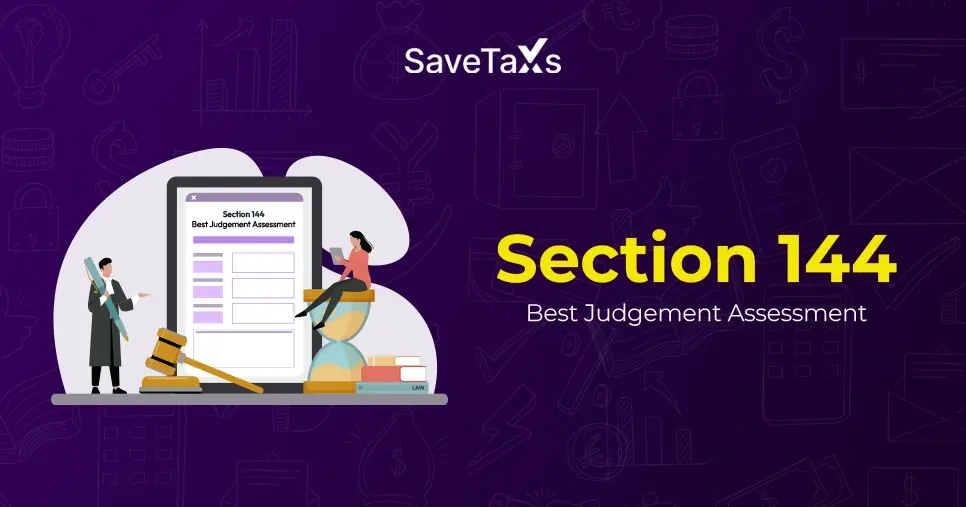
-DEDUCTION-ON-HOSUING-LOAN_1756903528.webp)
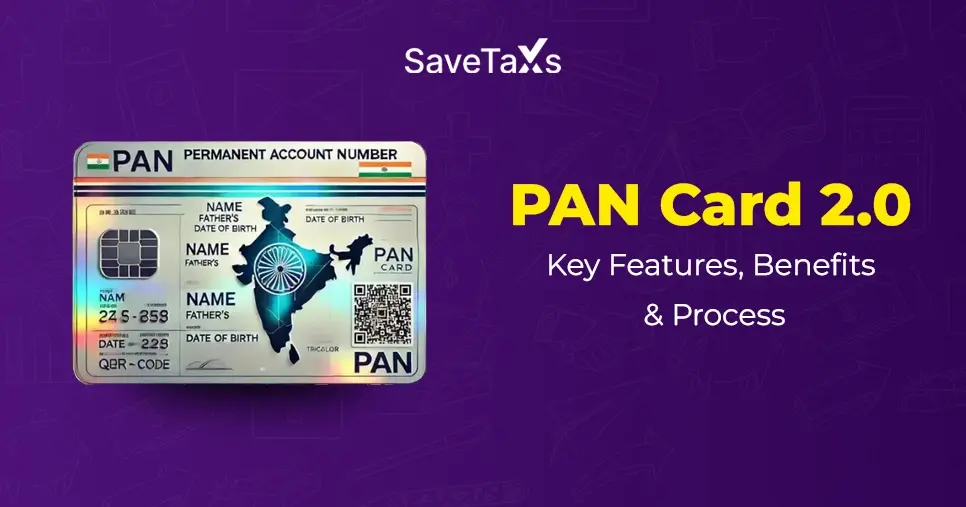
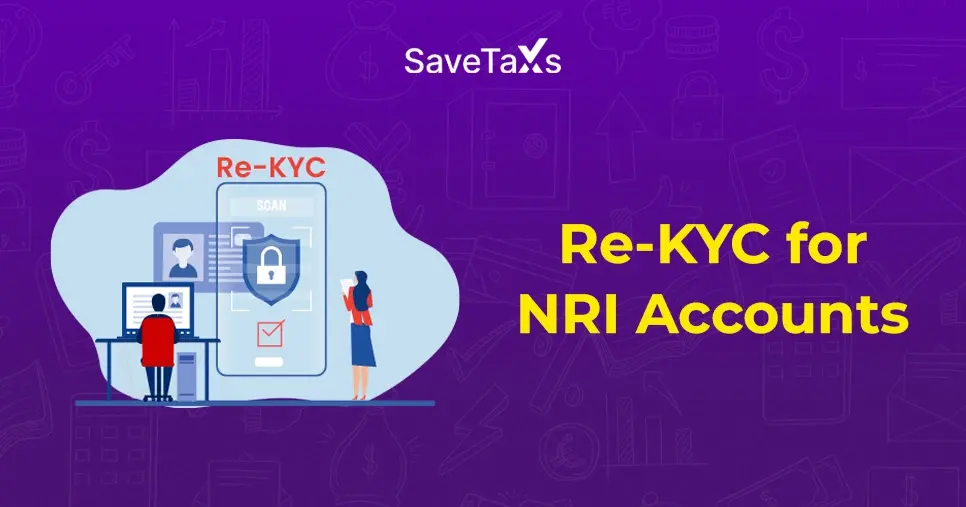
(i)-Of-The-Income-Tax-Act_1756812791.webp)
